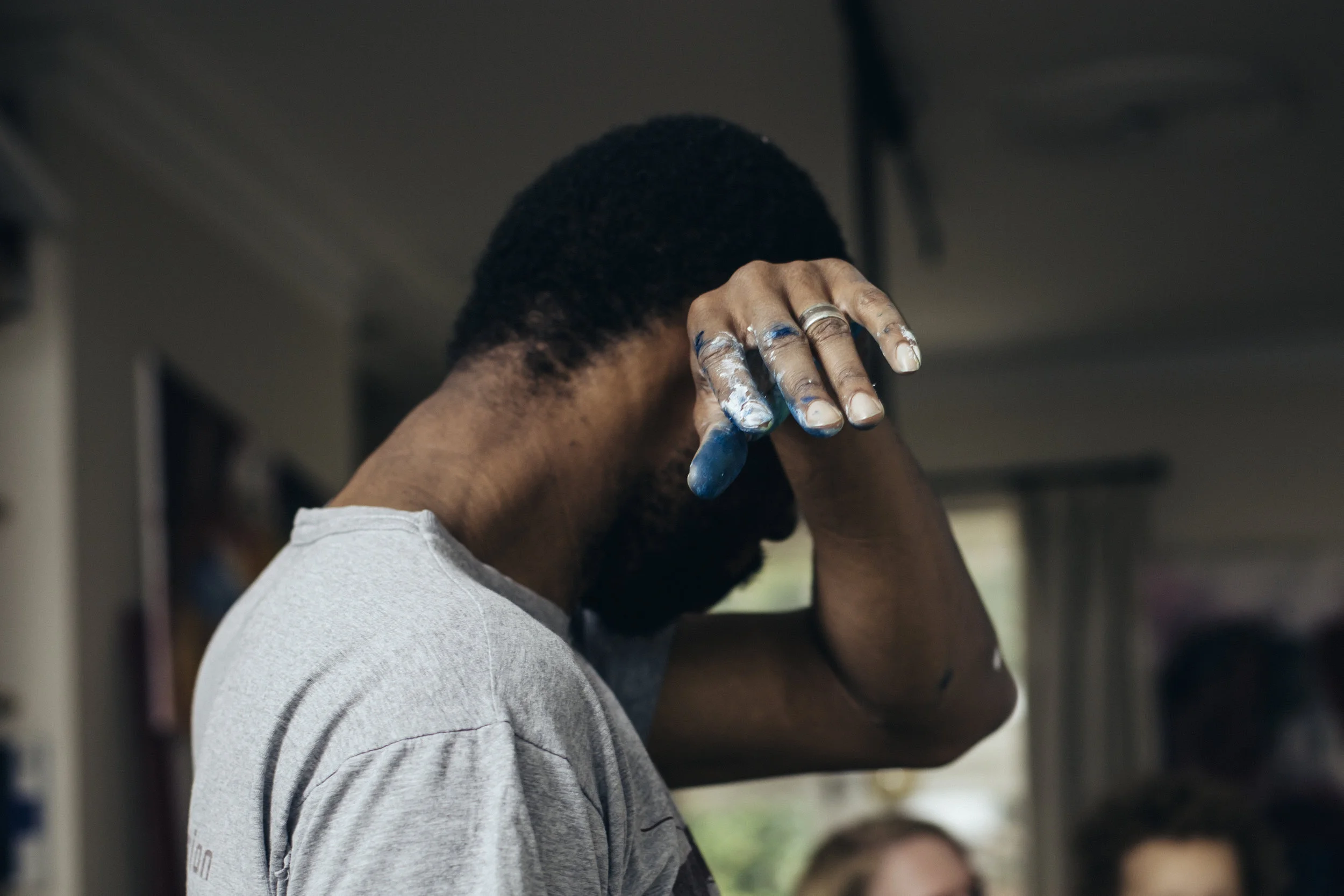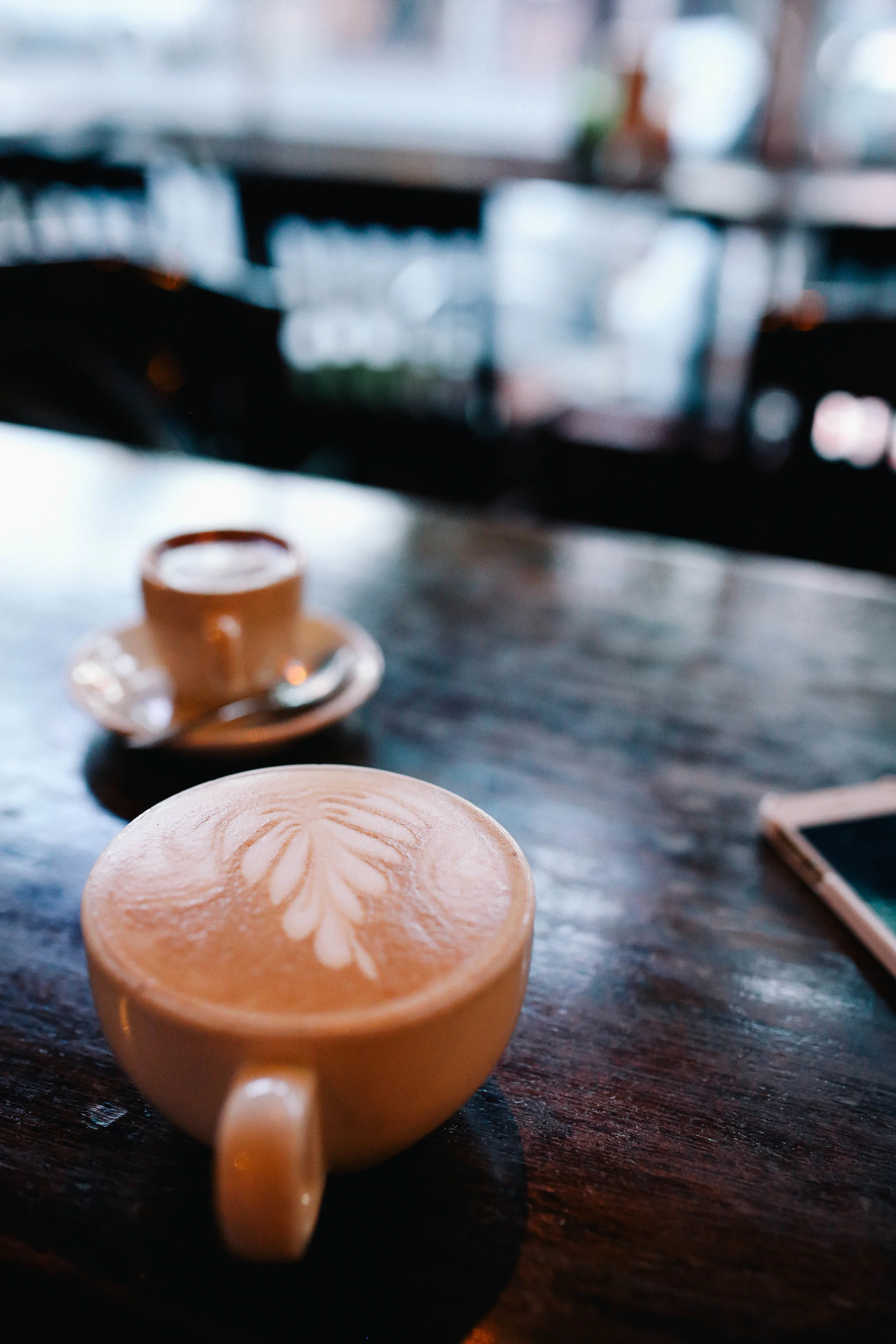I mentioned last week that I want to address how to deal with thin privilege.
Privilege is when, for a reason that is out of your control, you have an advantage. Thin privilege refers to the privilege that people who are considered thin have. For example, I am white and middle class. In the world I live in, this provides me with advantages that I might not have if I was not white or middle class. Thin privilege specifically refers to people the advantages one gets just for being thin.
In last week's post with Melissa Fabello, she lays out the definition of thin privilege pretty clearly. Click here to check it out.
(Disclaimer: I benefit from thin privilege. As such, I know that I am not the expert on living with a body that does not have thin privilege. )
The real problem with thin privilege is that it elevates one body type while silently disadvantaging another type. If you feel discriminated against, it's hard to feel good in your body. It's hard to fit it in when you physically can't fit in.
People feel size discrimination in a visceral way.
It turns out that it's not great for your health if you struggle every time you try on a dress or sit in a chair. It's not great for your health if you can't find a date on the most popular dating app. It's not great for your health if someone looks down on you every time you order french fries.
This everyday experience of straight-up discrimination can be rough. In fact, research shows that disempowerment leads to poor health.
I learned this recently on a new podcast. created by Caroline Dooner, creator of the Fuck it Diet. She interviewed Linda Bacon. Linda Bacon is the brilliant researcher behind Health at Every Size and Body Respect. Everybody loves Linda Bacon because she is the go-to source for all things Health at Every Size.
In Linda's conversation with Caroline, she emphasized the effect privilege has on health.
She says social positioning in the world really has the most impact on health. She points out that people who feel disempowered often struggle with staying healthy.
She remarks that even the CDC says that behavior plays less than a 1/4 of a role in health outcome. The biggest contributors are race, sex and money. The more resources and support you have in the world, the easier it is to live a healthy life.
She mentions a study about diabetes. In the study, they gave people with diabetes and were lower income housing vouchers. This alone reduced diabetic symptoms. This means that changing a person's social environment has an enormous impact on that person's health.
People talk about the war on obesity as if it's so simple. They make it sound like it's just calories in and calories out. It's not.
The CDC says that behavior only affects health outcomes less than 1/4 of the time. This means that the best way to fight thin privilege is to not treat people who don't have it like they don't deserve it.
Instead of jumping on another diet, the best thing to do is create a culture where people have more resources and support.
And you can do your part by joining this list or sharing it with your friends!



